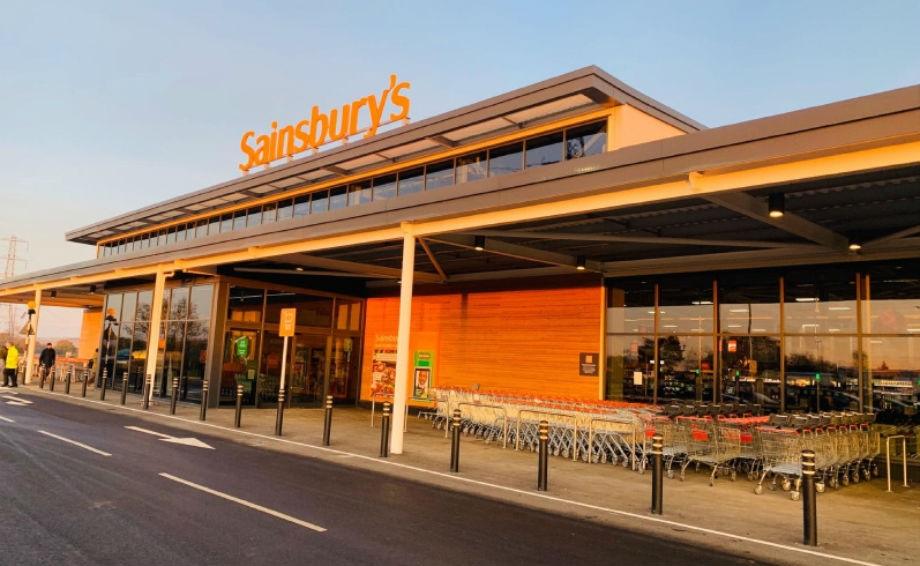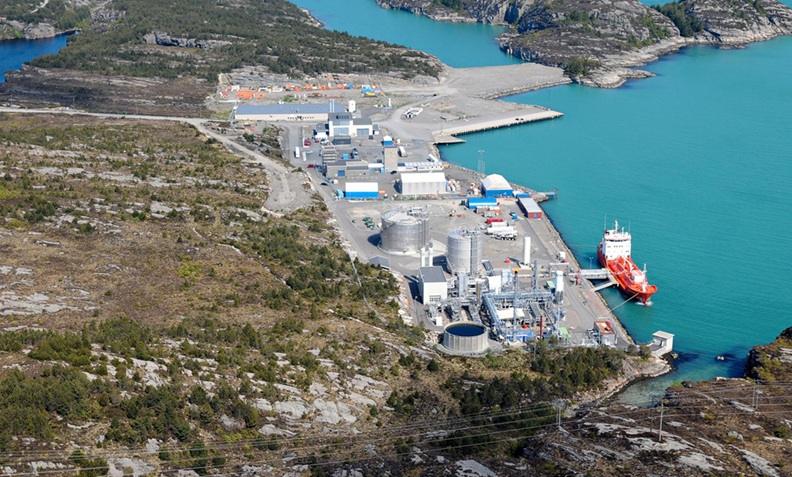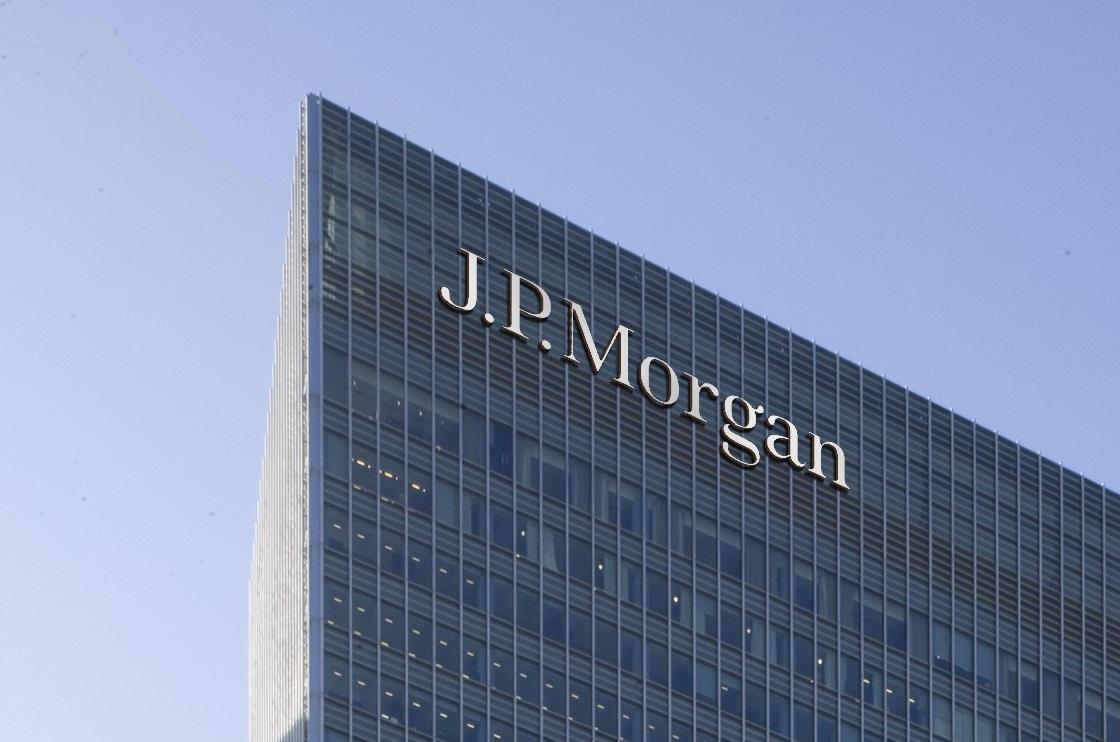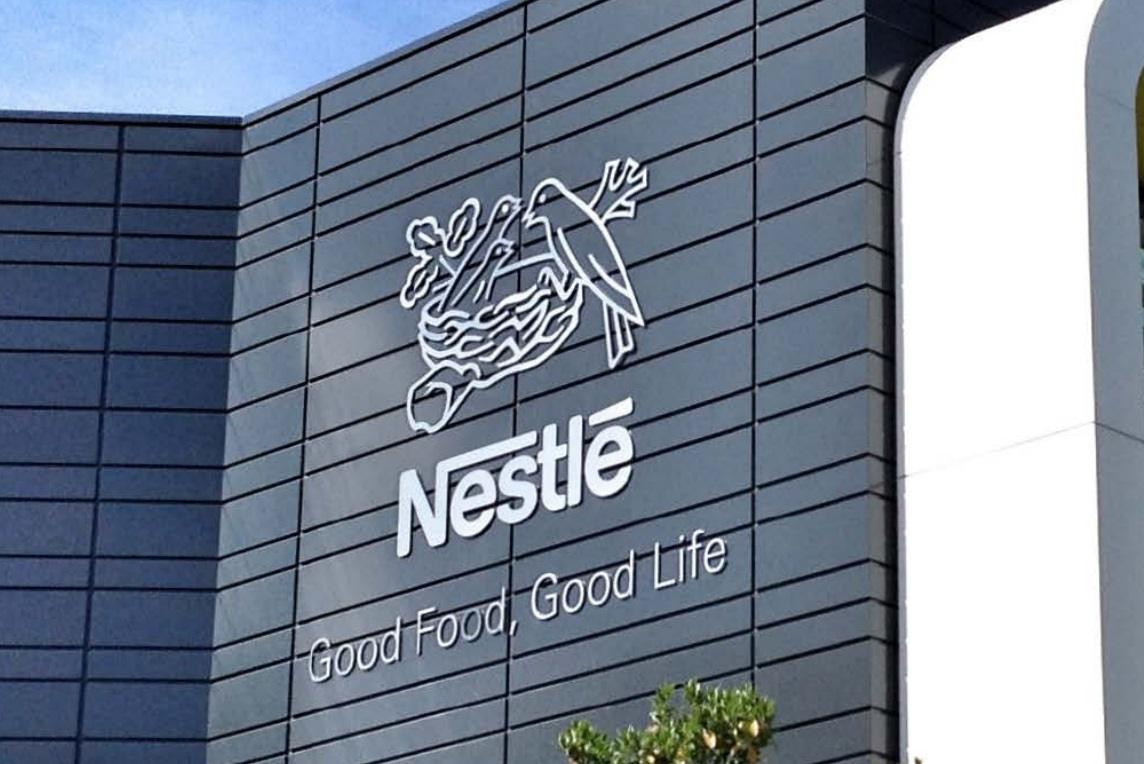Sainsbury’s Sets Science-Based Climate Goals, Will Work with Suppliers on Emissions Reductions
Sainsbury’s, one of the UK’s largest retailers, announced today a series of climate-based sustainability commitments, encompassing goals to reduce emissions from the company’s own operations (Scope 1 and 2), as well as from its supply chain (Scope 3). According to Sainsbury’s, its climate initiatives will involve working with suppliers on developing and meeting their own emissions reduction targets. The announcement builds on the company’s goal, launched last year, to achieve net zero by 2040 in its own operations.
Sainsbury’s states that its new targets have been approved by the Science Based Targets initiative (SBTi). SBTi was formed as a collaboration between CDP, World Resources Institute (WRI), the World Wide Fund for Nature (WWF), and the United Nations Global Compact (UNGC), with the goal to establish science-based environmental target setting as a standard corporate practice. Achieving approval of targets by SBTi is a significant milestone for companies’ sustainability efforts. Sainsbury’s Scope 1 and 2 goals have been approved as being in line with limiting global warming to 1.5°C.
Alberto Carrillo Pineda, Director, Science Based Targets at CDP, said:
“We congratulate Sainsbury’s for setting science-based targets consistent with limiting warming to 1.5°C, the most ambitious goal of the Paris Agreement. By aligning its goals with a 1.5°C future, and asking its partners to do the same, Sainsbury’s is ensuring it builds resilience firmly into its business model and will be positioned to thrive as the global economy transitions to a zero emissions future.”
Sainsbury’s Scope 3 target to reduce emissions by 30% by 2030 was set through working with sustainability organization the Carbon Trust to align to a well below 2°C scenario. The target includes reducing emissions from purchased goods and services sold, upstream transport and distribution and the direct use of sold products.
Hugh Jones, Managing Director at the Carbon Trust Advisory, said:
“This is a critical year in the fight on climate change, with the UK also hosting the COP26 Climate Change Conference in November. It is vital that the business sector steps up to this challenge and it is great to see Sainsbury’s aligning to this now by engaging its supply chain and extending its net zero targets to cover the products it sells.”
The company highlighted some of the efforts it will undertake on the path to achieving its new targets, including new initiatives within the refrigeration and lighting space such as LED technology, along with improving overall efficiency, and working with suppliers to set their own carbon reduction targets and identify opportunities across product lifecycles.
Simon Roberts, CEO of Sainsbury’s, said:
“We have a responsibility to our colleagues and the communities we serve to reduce the impact our business has on the environment and have been working hard to reduce our carbon emissions over the last 16 years. Setting bold science-based targets across our Scope 1, 2 and 3 emissions strengthens our long-standing commitment to protecting the environment and tackling climate change. We are making significant progress on our road to net zero however we can’t get there on our own, to make a meaningful difference to climate change we need to collaborate with industry, work closely with our suppliers and engage our colleagues and customers.
“As part of our strategy, we are improving the overall energy efficiency of our existing stores and depots, investing in innovative technology to ensure our fridges are as efficient as possible, reducing refrigerant gas and continuing to look at zero carbon alternatives for the delivery of goods. We will also ensure that our new store designs are in line with the latest thinking to minimise energy consumption. We have one opportunity to get this right, so it is really important that we continue to be ambitious and innovate.”





